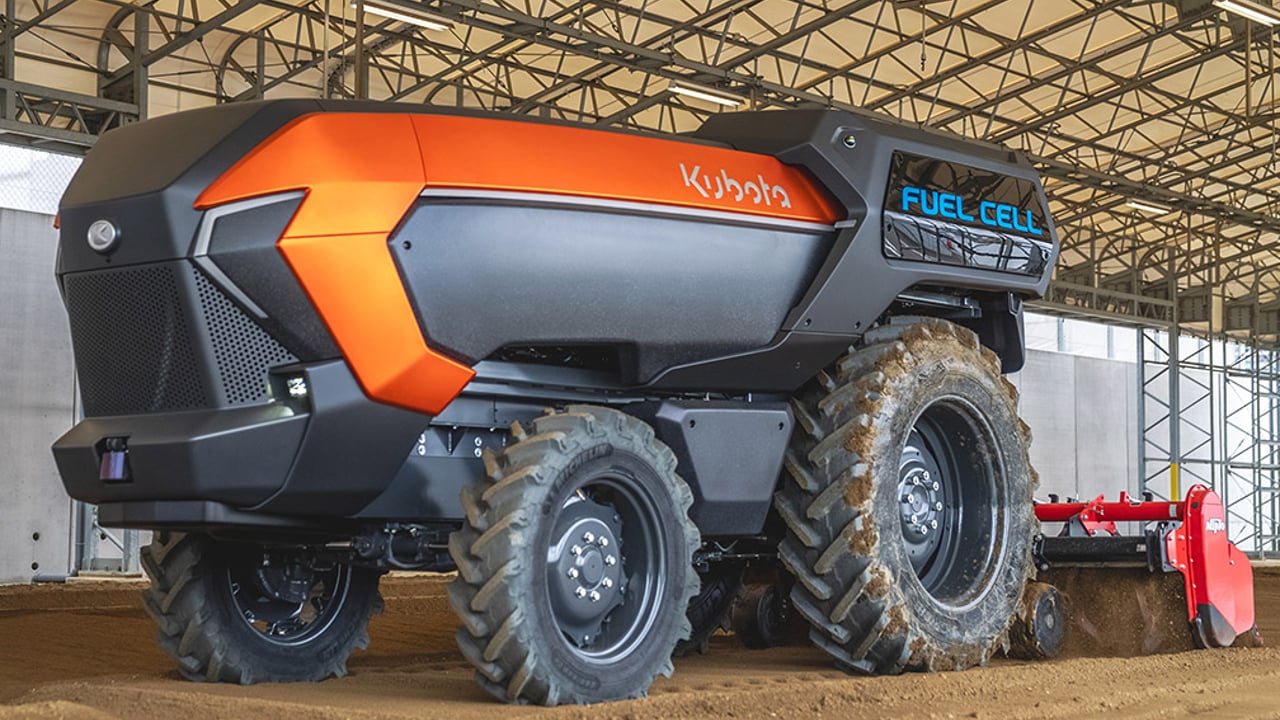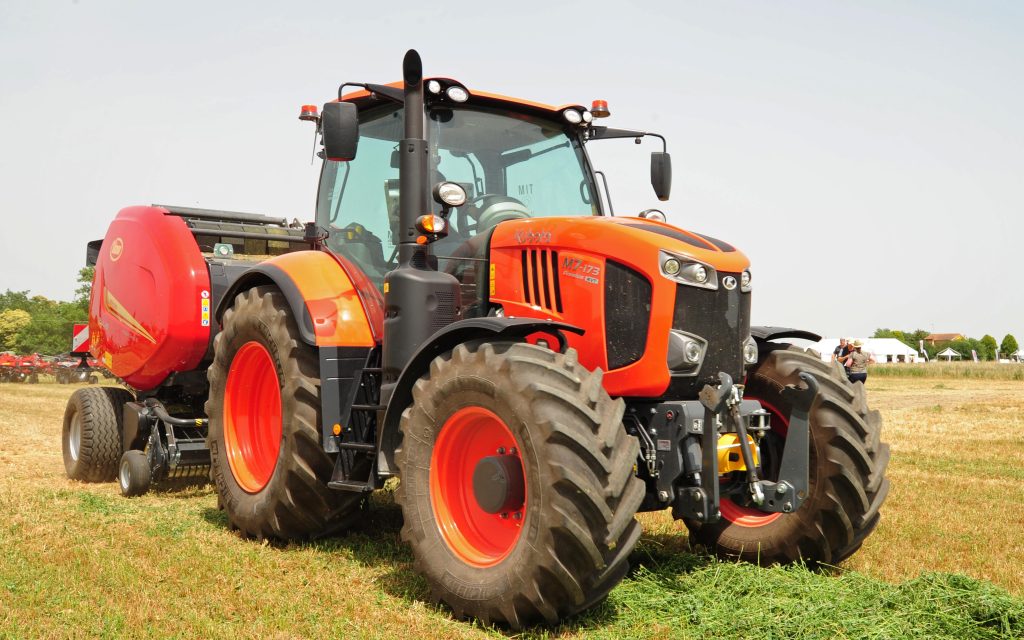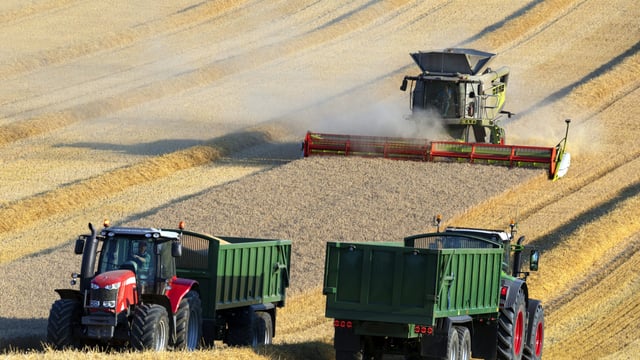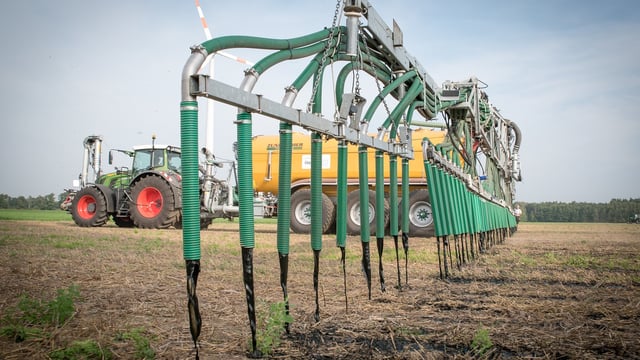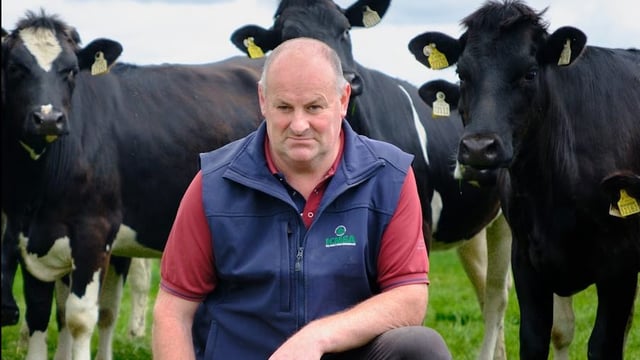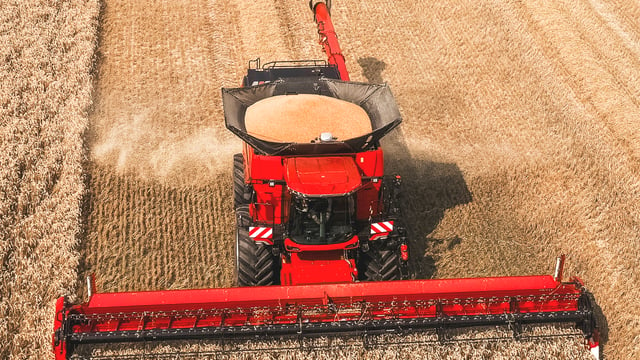Kubota pursues hydrogen fuel cell power with autonomous tractor
In a bid to replace diesel fuel as the main carrier of energy in tractors and other off-road vehicles, Kubota has been developing a hydrogen fuel-cell-powered tractor.
The reason that batteries have, so far, only been seen in smaller tractors is that they do not hold enough energy to power larger tractors over the sort of time span that they are are often required to run.
This is a widely recognised shortcoming in the world of off-road vehicles and has led to other alternatives being investigated.
Two routes to hydrogen utilisation
The combustion of hydrogen gas is one that has seen working machines emerge from development labs and even factories, but there is also the possibility of feeding the gas through a fuel cell to produce electricity, with water as the sole by-product.
The science is not new, and the amount of energy extracted is twice that of burning the gas, but there are problems.
The first major issue is that fuel cells are expensive, due, in the main, to the platinum catalyst required.
Secondly, they require hydrogen of the highest purity. Commercial hydrogen destined for combustion cannot be used in fuel cells.
Kubota forges ahead
Yet none of this has deterred Kubota from developing an autonomous fuel cell tractor that is claimed to integrate the technology for controlling hydrogen fuel cell systems alongside autonomous driving and remote operation capabilities.
The concept behind the experimental tractor is to achieve environmental sustainability and operational efficiency whilst saving on labour.
Going forward, the company plans to conduct demonstration tests in Japan using this concept model, which will include verification of advanced unmanned autonomous driving.
The trials will also take consideration hydrogen supply methods for agriculture and confirmation of fuel cell's suitability for farming operations.
While further advancing research into this alternative method of fuelling, Kubota notes that it will continue to contribute to the realisation of sustainable agriculture through the development and provision of new products.

